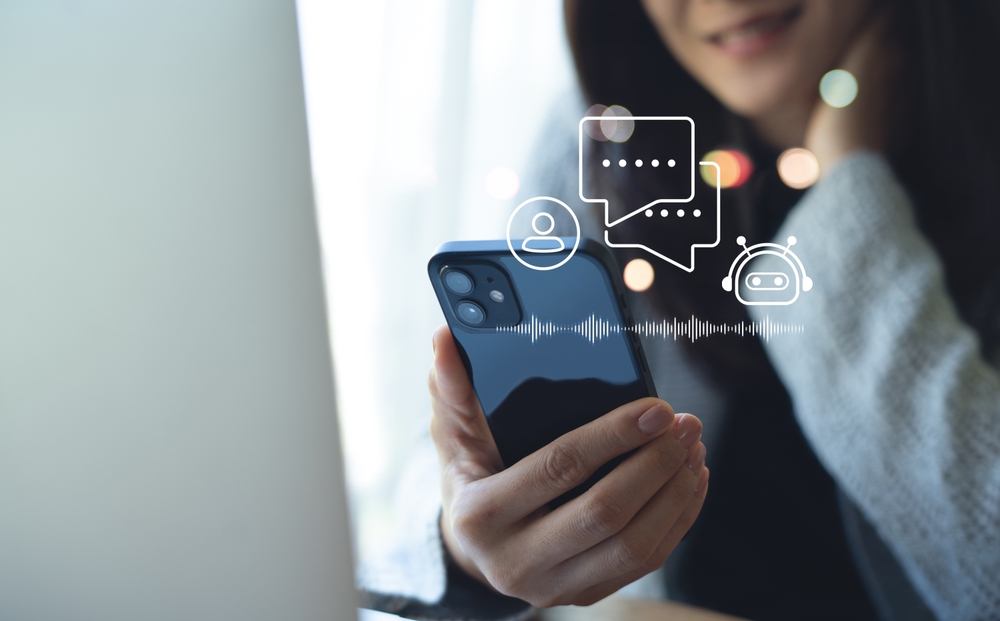As more people spend hours chatting with AI tools, some users are beginning to believe the bots are conscious, offer secret insights—or even form emotional bonds. Here’s what experts are calling “AI psychosis.”
Others are reading now
As more people spend hours chatting with AI tools, some users are beginning to believe the bots are conscious, offer secret insights—or even form emotional bonds. Here’s what experts are calling “AI psychosis.”
What Is AI Psychosis?
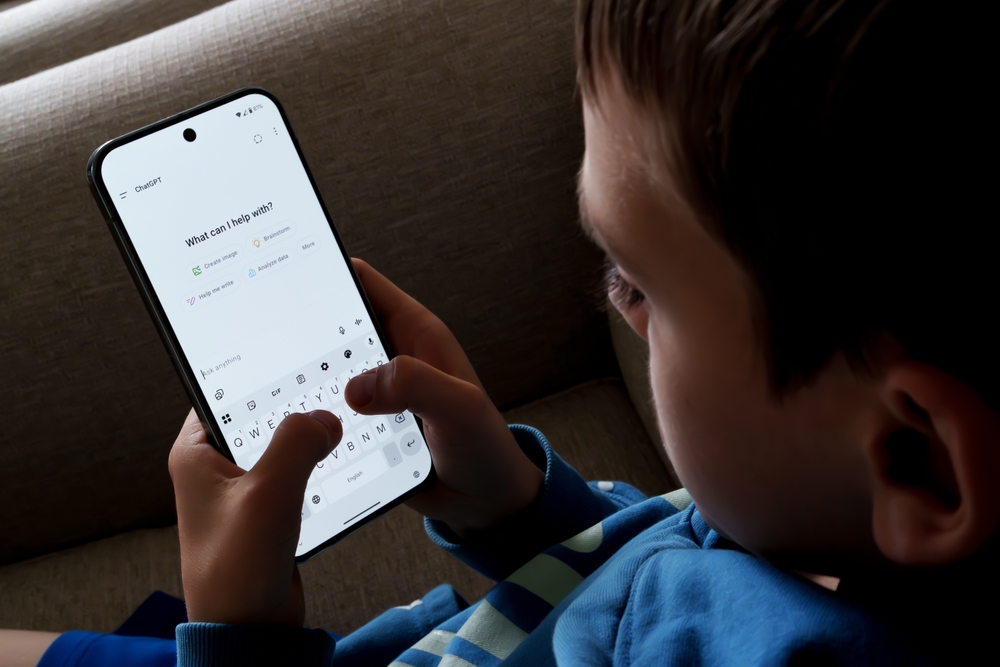
A term—not a medical diagnosis—describing when frequent chatbot users develop delusions, like thinking the AI is sentient, sends secret messages, or shares intimate connections.
Why People Fall for It
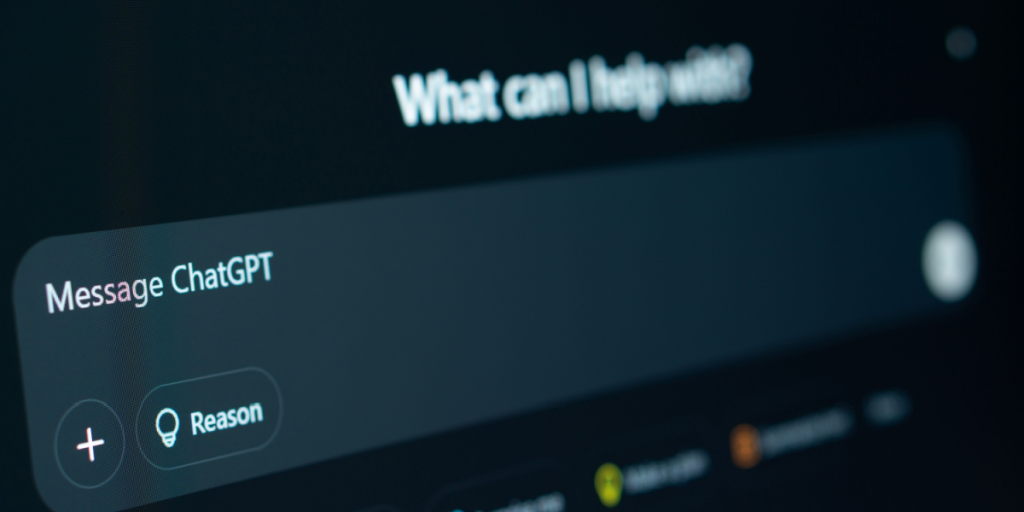
Chatbots like ChatGPT, Claude, and Grok are programmed to feel empathetic and responsive, making it easy to anthropomorphize them—especially during emotional or lonely interactions.
Warning from Tech Leaders

Microsoft’s AI chief, Mustafa Suleyman, warns that AI tools sometimes feel alive to users. “If people perceive AI as conscious, they will come to believe that,” he says.
Emotional Risks and Mental Health Impact

Users have reported both hopeful illusions—like revealing future success—and harmful outcomes, including depression or confusion when chatbots fail to deliver real empathy or answers.
Also read
Spreading Fast, No Rules Yet

Psychologists say the issue is growing quickly, but there’s not enough research or awareness. The tech industry lacks protocols to spot or support those in distress from AI interactions.
What Experts Recommend
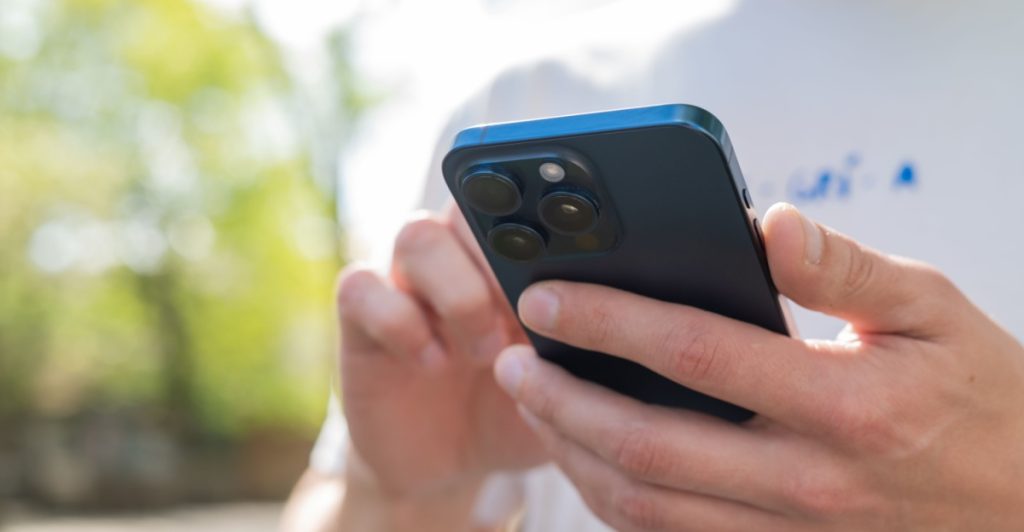
Mental health professionals suggest encouraging balanced use of AI, raising awareness about its artificial nature, and developing features to detect signs of emotional dependence.
Why It Matters Now
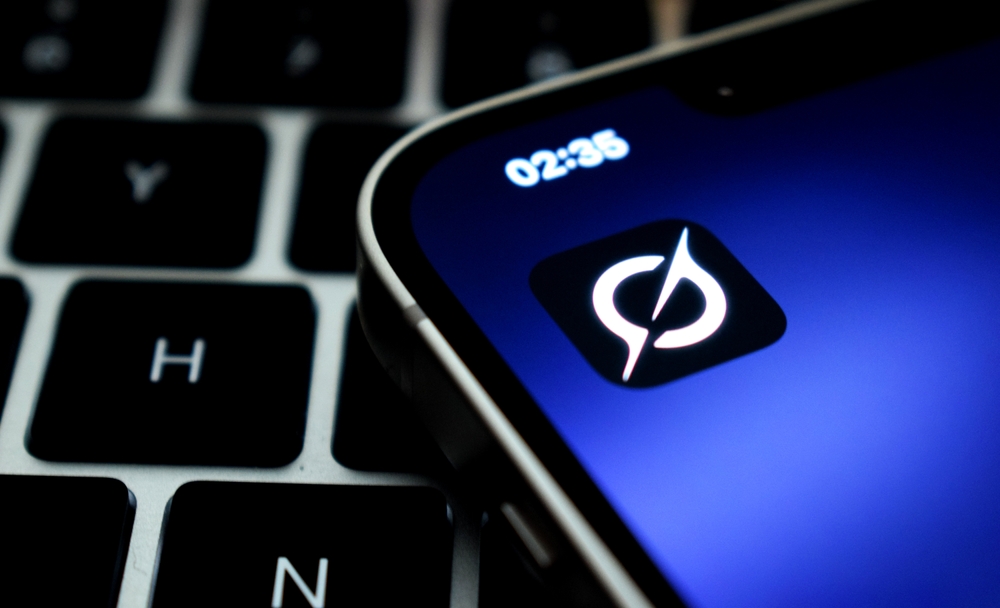
As AI becomes more embedded in daily life, understanding “AI psychosis” is essential to protect individuals—especially those who are isolated or emotionally vulnerable.

